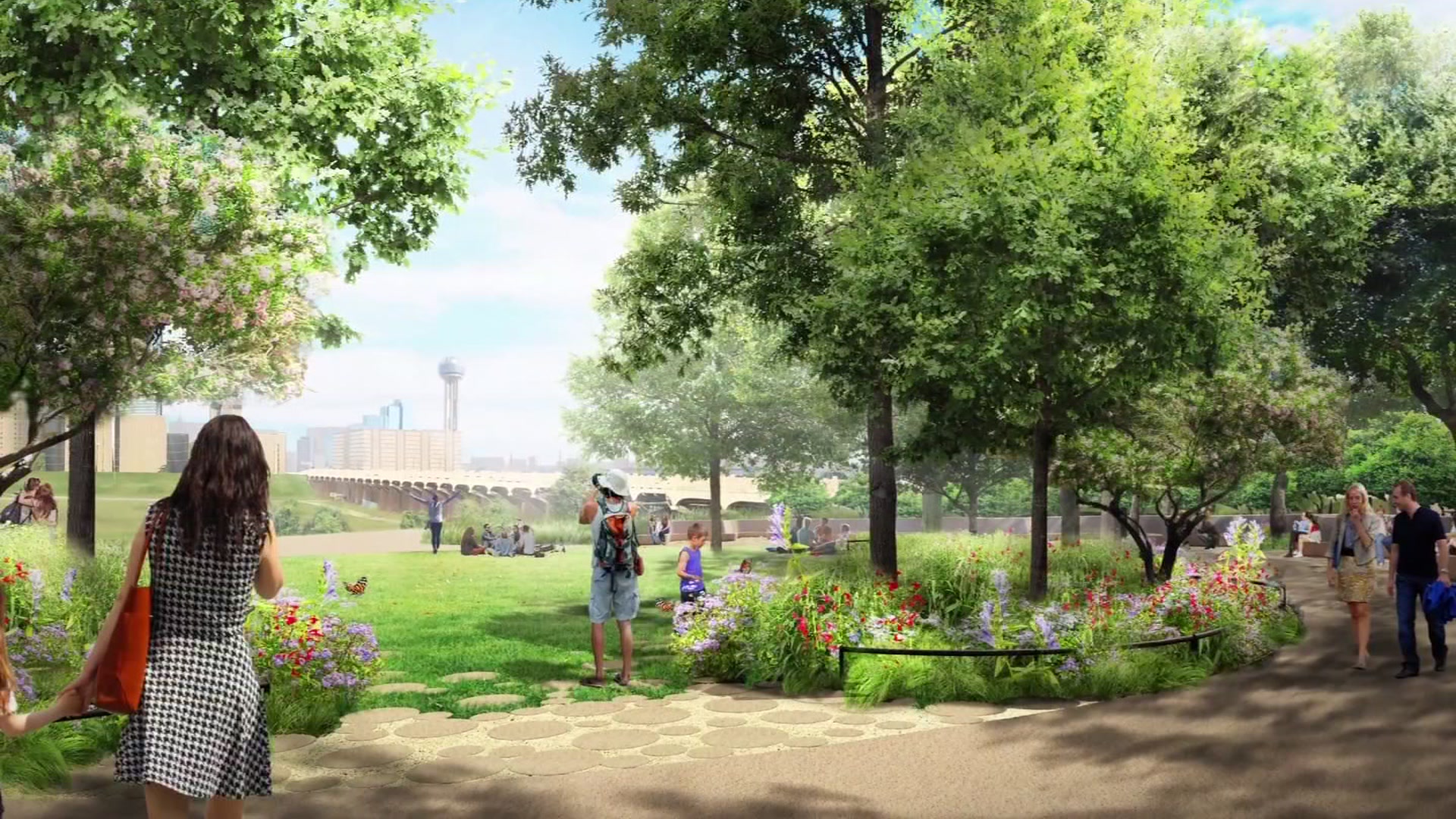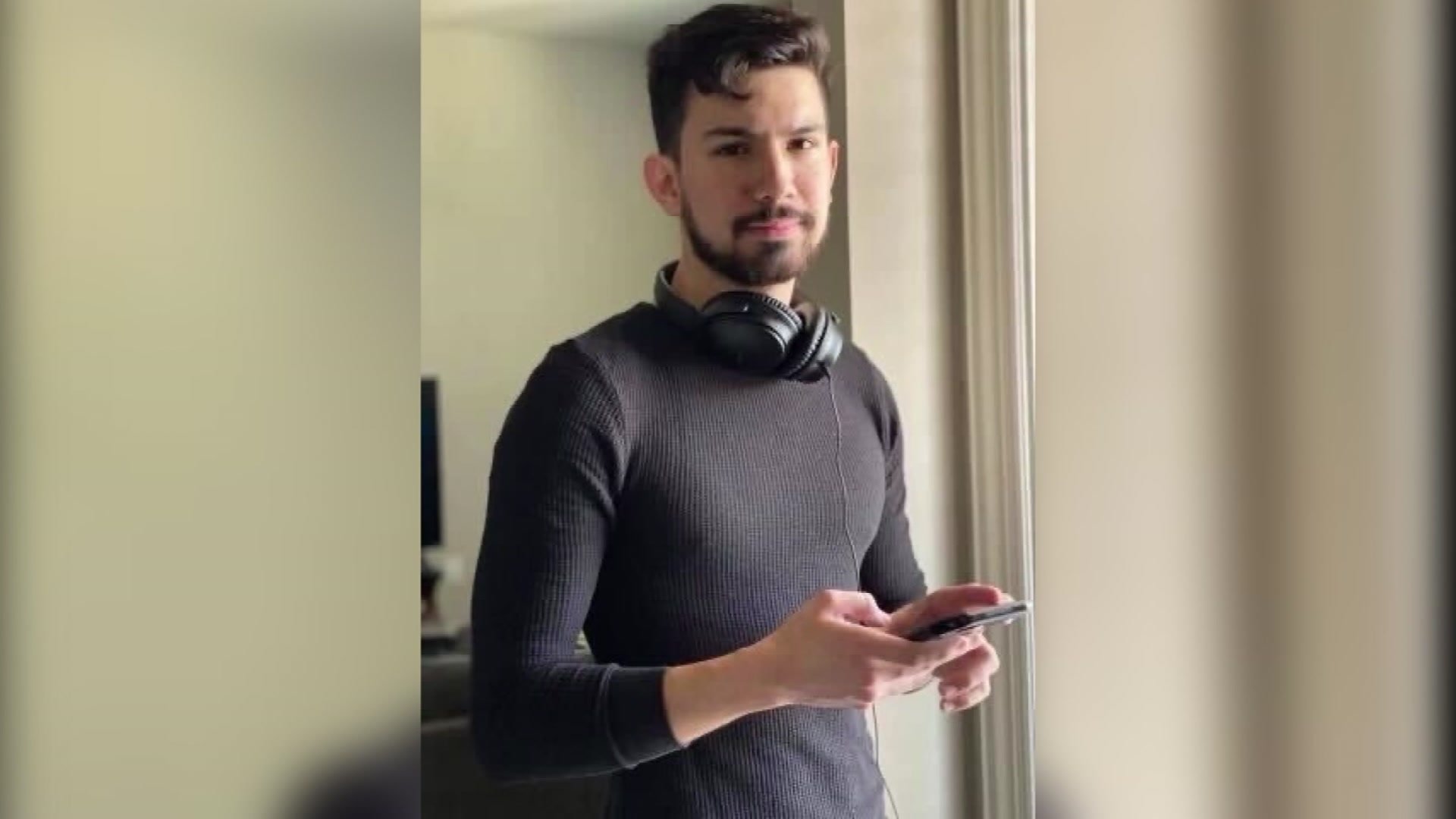Smart cities are starting to take off in North Texas, with many giving new technologies the green light to connect cars and keep traffic moving.
"That's one of the goals of connected cities is to have more effective, safer transportation", says Thomas Bamonte, senior manager of the Automated and Connected Vehicle program at the North Central Texas Council of Governments.
"DFW can be the place where automakers and developers come to test out and deploy new products that serve the traveling public" says Bamonte, "we're working on infrastructure, both gizmos, technology but also data sharing to provide the infrastructure for smarter vehicles".
Richardson is working with UT Dallas on a pilot program using LED street lights equipped with video cameras and sensors to provide drivers real time traffic information.
"The amassing of information can then be send to applications in cars or cellphone or whatever the case might be", says Michael Skelton, with the Economic Development Partnership in Richardson.
The program will start later this year with only a few of the smart street lights on the UT Dallas campus.
"You'll be able to monitor traffic, see if there's any open parking spaces if you're using them in that area as well", says Skelton.
Local
The latest news from around North Texas.
Traffic engineers in Frisco can already remotely control signal lights to keep cars moving, and now the city will partner with the car maker Audi to provide information directly to certain vehicles.
"What the driver is going to be able to see initially is how much longer is the light going to be red" says Brian Moen, assistant director of engineering services for the city of Frisco, "so it will be counting down so it might indicate on their dashboard between the tach and the speedometer, there's a little display and it counts down".
Smart city technologies are an important step toward a future filled with driver-less cars.
"When we talk about autonomous vehicles, these are the things that we need to really work on it, develop and perfect and get better so we can begin to get those vehicles to work that way on the roadway" says Moen.
"We think this region is well situated to take some leadership in kind of the real life application and deployment of these technologies", says Bamonte.
"The traffic situation we have in North Texas is getting worse and worse, and we're really going to have to have some kind of infrastructure that will handle that kind of stuff", says Skelton.
"I think we'll see probably in the next 5, 10 years in addition to driver-less cars, you'll have information going to your car that you didn't get before and it will help you make better decisions on where to go, how to get there" says Skelton.
The project in Richardson will start later this year, and Frisco's partnership with Audi should be finalized soon.



